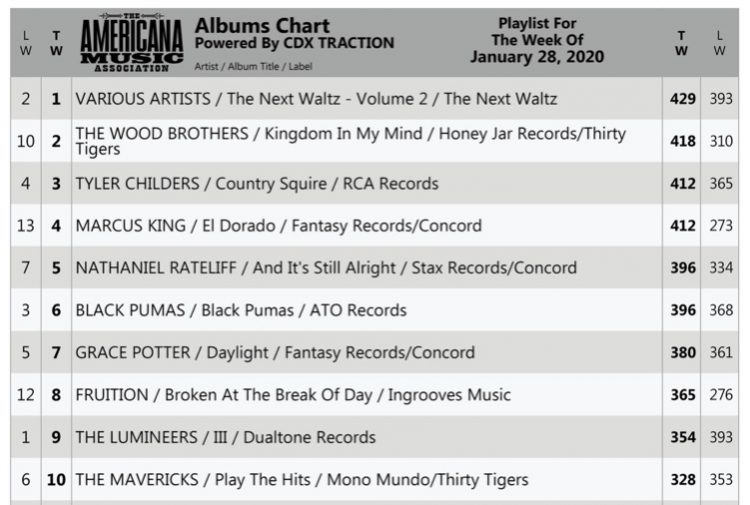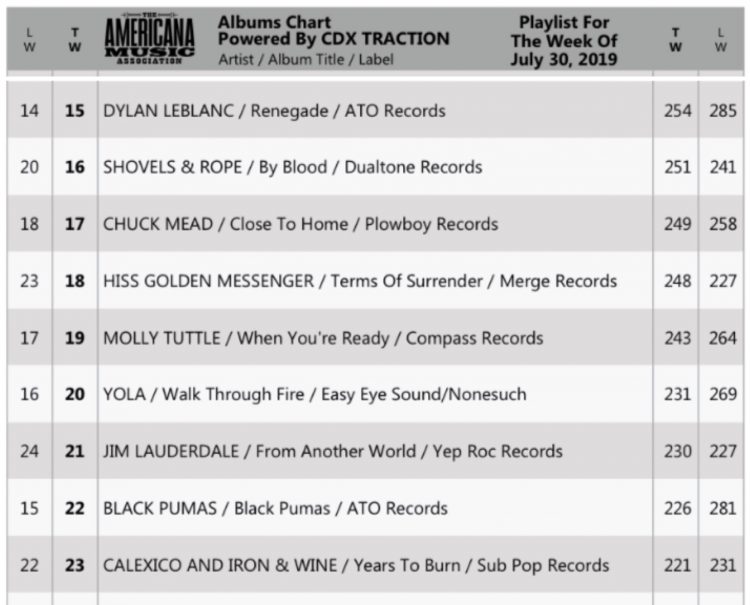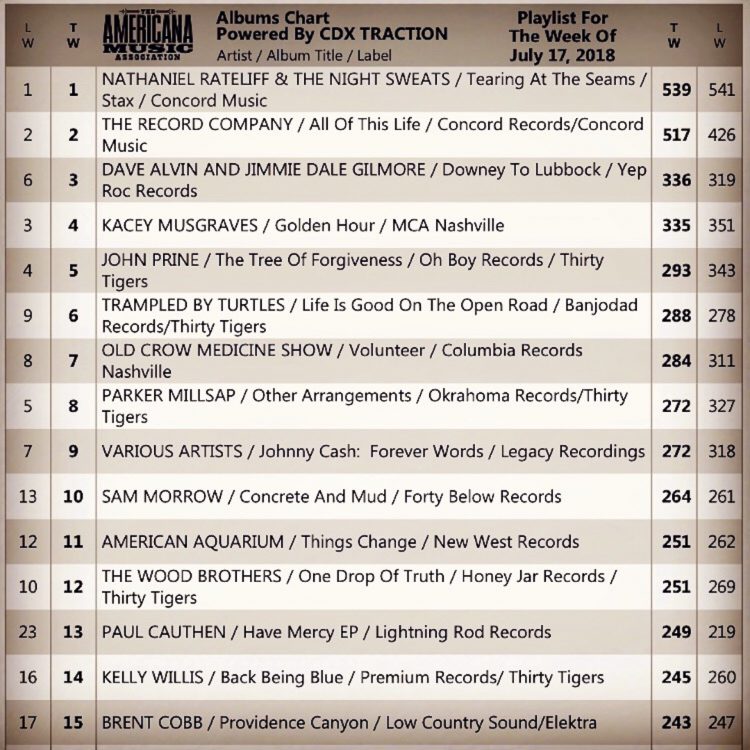The band Stephen King described as “dynamite” and guitar legend Jeff Beck called “a cross between the Yard Birds and the Sex Pistols,” are back with a new album, After You’ve Gone, with an international release scheduled for August 25, 2017 on Last Chance Records.
With After You’ve Gone, the band channels their swampy rock-n-roll inside of a lo-fi car garage hidden somewhere deep in the underbelly of Atlanta Georgia, and far, far away from the glitz of Music City. Long legendary for their sideshowesque live performances, this record puts the focus on the bandleader’s lyrical prowess (Don’t worry, the live show is still just as dynamic and entertaining!).
Southern Renaissance man JD Wilkes’s strange “local legends” are again explored lyrically, of course. From kudzu vines that will eat you alive to “War Whoop (Chief Paduke’s Revenge)” that imagines the Native American namesake of Wilkes’s hometown, Chief Paduke, returning from the great Happy Hunting-ground to wreak havoc on the current generation of palefaces who inhabit and trash his land. This supernatural ditty was even illustrated by Wilkes in the 8-foot-wide mural he recently completed for the historic Coca-Cola Plant in Paducah KY.
While these songs tell their own stories and stand on their own, there are some lyrical tie-ins with Wilkes’s new novel, The Vine That Ate the South , a book praised by NPR as “it’s undeniably one of the smartest, most original Southern Gothic novels to come along in years.” The vivid Southern Gothic tales and imagery that he has long been known for in song, gets the long-form treatment in his first novel.
But these tales, fun as they are, all take a backseat to the personal material penned by Wilkes, as he tackles the devastation of a recent divorce. Such tunes include “Garden of Delights”, which uses metaphor to describe the dying fruit of a failed marriage, and “White Devil”, the fire-and-brimstone admonishing of “the other man”.
As adept at expressing the heart-wrenchingly personal as he is at spinning Southern folklore, Wilkes allows songs of fury and forgiveness to flow through the same phases they are lived in times of loss and recovery. With commitment, the band rides the wave, providing moments both gnarly and nuanced. A band of brothers, there to help, determined to make it to shore any goddamn way they can.
No other Legendary Shack Shakers record comes close to capturing the full scope of its songwriter’s angst. Raw emotion channeled through good ole southern-fried music has made both the band and the SOUTH ITSELF an infamous bastion of lethal Americana.





